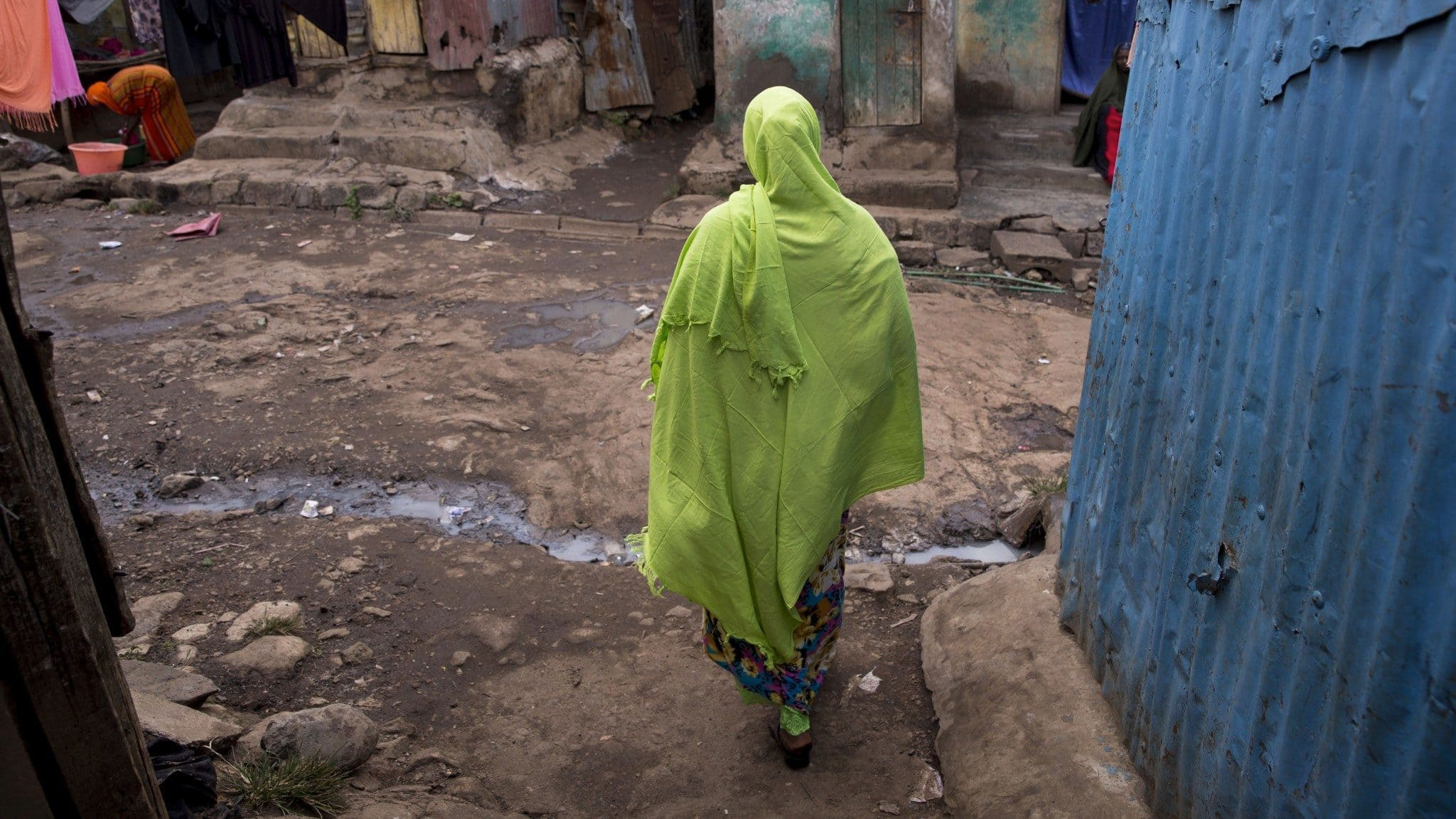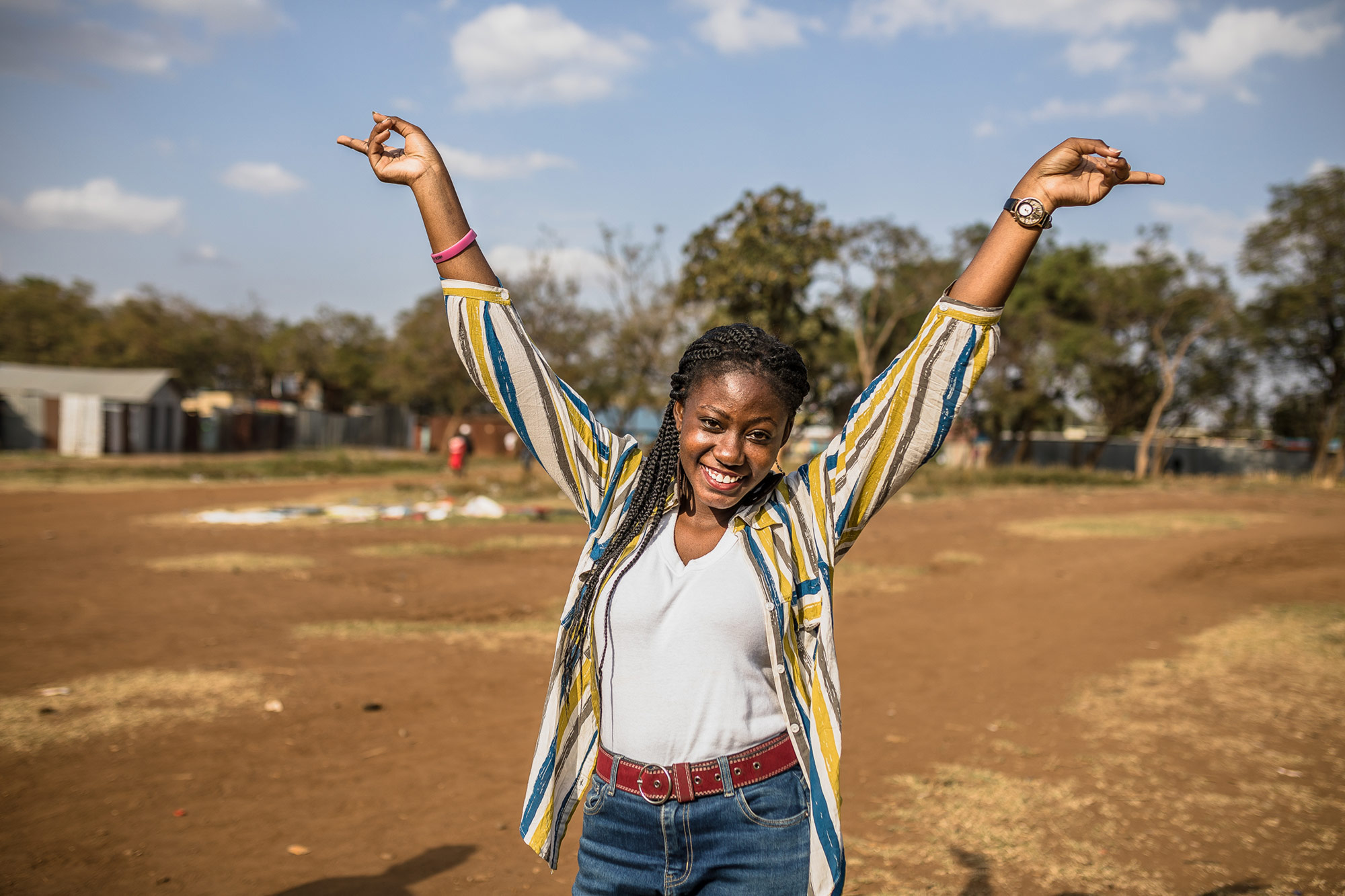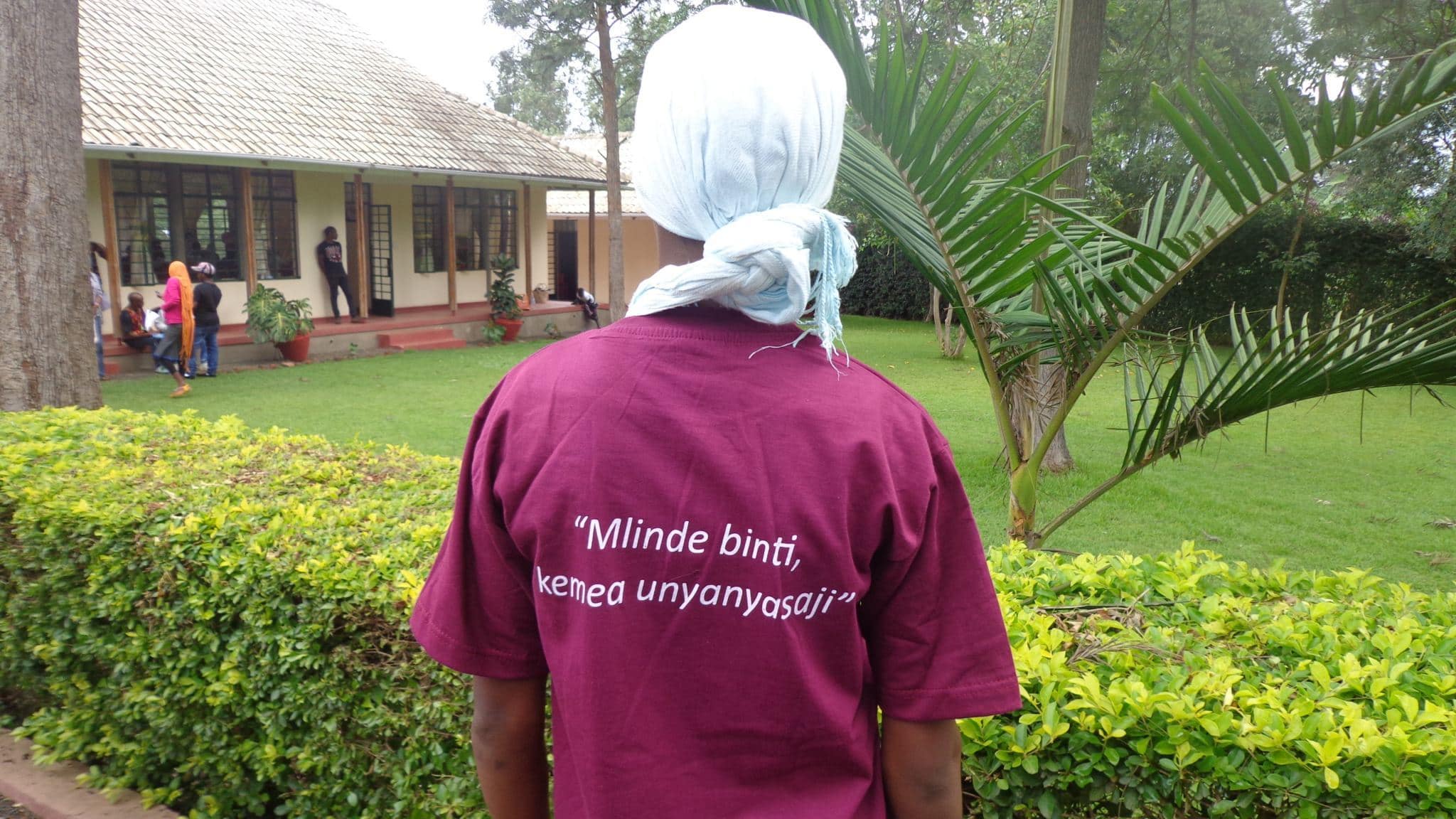
A cut into the soul
Esuphat (name has been changed) is a 16-year-old Maasai girl. She and her younger sisters grew up with their mother and were proud of the traditions and customs the community shared. When she was ten years old, she was sent to live with her aunt in a neighbouring village – where she was to be made into a woman. Along with other girls, she learned that there would be an initiation ceremony for all of them, and that they would carry on a proud tradition and protect their community. Esuphat was happy to be able to make an important contribution to her village. At the same time, she was excited and a little scared because she knew that if she failed, something bad would happen.
That night, the young girl was awakened by screams and her aunt took her to the village square. She had to undress and lie down next to the other girls. The 10-year-old describes to us what happened: “I will never forget the pain! I felt the knife cutting through the most intimate parts of my body – I thought I was going to die. It was unbearable, but I survived. It was a nightmare that I will never forget! Esuphat was brought back to her aunt’s hut unconscious . There were already two unconscious girls lying there, covered in blood.
Two weeks later she returned to her home village. She was now part of the village’s female community and very proud to finally be able to take part in all the conversations and rituals. A few years later, Esuphat’s mother asked her to leave home and work as a maid for a family in nearby Kiranyi. On her way to the market, the young girl saw an educational theatre performance by the Eidimay Youth Group, a youth club run by DSW. She watched with curiosity and approached one of the youth counsellors. New to the city, the teenager was delighted by the interesting contact and quickly became part of the group.
During the first training session at the club, she was given a lot of information about sexuality, contraception, HIV transmission, genital mutilation and girls’ rights. She was surprised and shocked and could hardly believe what she was hearing – the tradition she was so proud of had betrayed her. Together with the youth counsellor, she went to a health centre and had herself tested for HIV, as the same knife was used on all the girls. Fortunately, the test came back negative.
Since then, Esuphat has been a particularly dedicated and motivated peer educator, fighting to ensure that the girls no longer have to live in darkness and ignorance.

